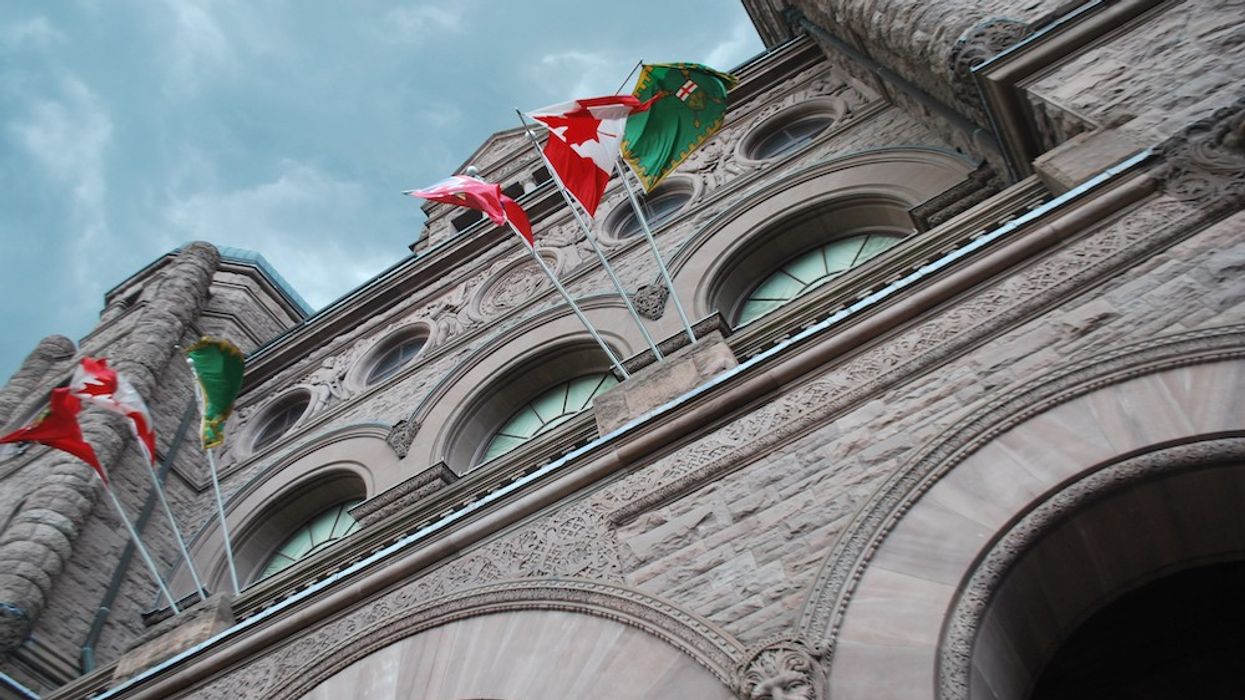Like Hazel McCallion before her, Mississauga Mayor Bonnie Crombie has dedicated much of her election campaign to the struggle to pull her city out of the regional government that, she insists, keeps her city from realizing its full potential. The battle, which she has waged for years, is about more than cutting costs. The issue, which pits her squarely against Premier Doug Ford, is Mississauga’s need to control its own destiny.
Meanwhile in Toronto, as mayoral candidate Gil Penalosa noted in the recent trade debate, incumbent chief magistrate John Tory has “abdicated” his role to the province. Penalosa’s word was well chosen: Tory’s eight years in office have been characterized by a reluctance to exercise whatever limited power he possesses and defer to the demands of the province.
READ: During an Election, Silence is Golden: Just Ask John Tory
Even clownish Mel Lastman railed against Queen’s Park when provincial downloading was wreaking havoc on municipal budgets. By contrast, Tory has seemed strangely indifferent to the worsening state of the city he nominally leads. His platform offers little more than continued support for projects initiated by provincial and federal governments. His only line in the sand is keeping property taxes below the rate of inflation, which given recent events, ironically enough, should be easier than ever.
Though you wouldn’t know to hear Tory, Mississauga’s struggle to chart its own course is one that applies to towns and cities across Ontario and, indeed, Canada. Though the issue receives little attention, the system that leaves them subservient to the provinces threatens the country’s continued viability. As designated “creatures of the province,” they are unable to meet the demands they face.
The pandemic made that impossible to ignore. Driving the roads and wandering the parks and streets in unprecedented numbers, city residents were appalled to see the sorry state of Toronto’s public realm. Little wonder then that the garbage-strewn sidewalks, potholed roads, spotty transit and faltering services have been issues ever since.
There are many reasons the urban infrastructure is crumbling -- civic timidity not least among them -- but ultimately the problem can be traced back to one thing: money. Simply put, municipalities lack adequate taxing powers. The demands placed on modern cities cannot be met through property taxes alone.
Crombie’s beef is with the Peel regional government, a provincial creation that dates back to the 1970s when the jurisdiction west of Toronto was a sparsely populated swath of farmland. But since the City of Mississauga was incorporated in 1974, it has grown to Canada’s sixth-largest city. Peel’s other centres, Brampton and Caledon, have also grown, but not so much.
As a result, Crombie and before her, Hazel McCallion, have railed against a governance structure that requires Mississauga to contribute 60% of Peel’s budget with only 50% of seats on regional council. It is, Crombie has said, a matter of “fairness, equity, good value for taxpayers’ money, eliminating and reducing red tape, expediting the development process and getting more housing built.”
Naturally, the decision isn’t Mississauga’s -- or Peel’s -- to make. No, that move is Queen’s Park to make. And there’s no indication Premier Doug Ford has any interest in complying with Crombie’s demands, thank you very much.
The inescapable conclusion is that Canada desperately needs to reform urban governance. Most basically, that means enhanced taxation powers for municipalities. The idea that cities here should have access to income tax, for example, remains heretical. Yet many cities -- from Helsinki and Berlin to New York and San Francisco -- levy an earnings tax. Of course, the two “senior” levels of government are loath to share tax revenues now granted at their pleasure.
Even John Tory has railed against having to go to Queen’s Park “like a little boy in short pants” to beg for provincial “hand-outs.” As the economic engine of Canada, let alone Ontario, Toronto deserves to be treated more seriously. Such a move would necessitate an equal change in municipal political culture, one that would cause growing pains. Greater responsibility would force local leaders to see beyond simply representing the interests of property owners.
But don’t hold your breath. None of this will happen anytime soon. Canadian cities, more inclined to see themselves more as rivals than partners, have never grasped the concept of strength in numbers. Meanwhile, Canadian cities, Toronto included, aren’t keeping up with their global counterparts. Because the future is urban, that’s a huge problem here in the Great White North. Eventually, Ontario and Canada must rise from their lethargy and find the will to give cities what they need to deal with the pressures of the modern age. Failure to do so will hurt them as much as Toronto.





















